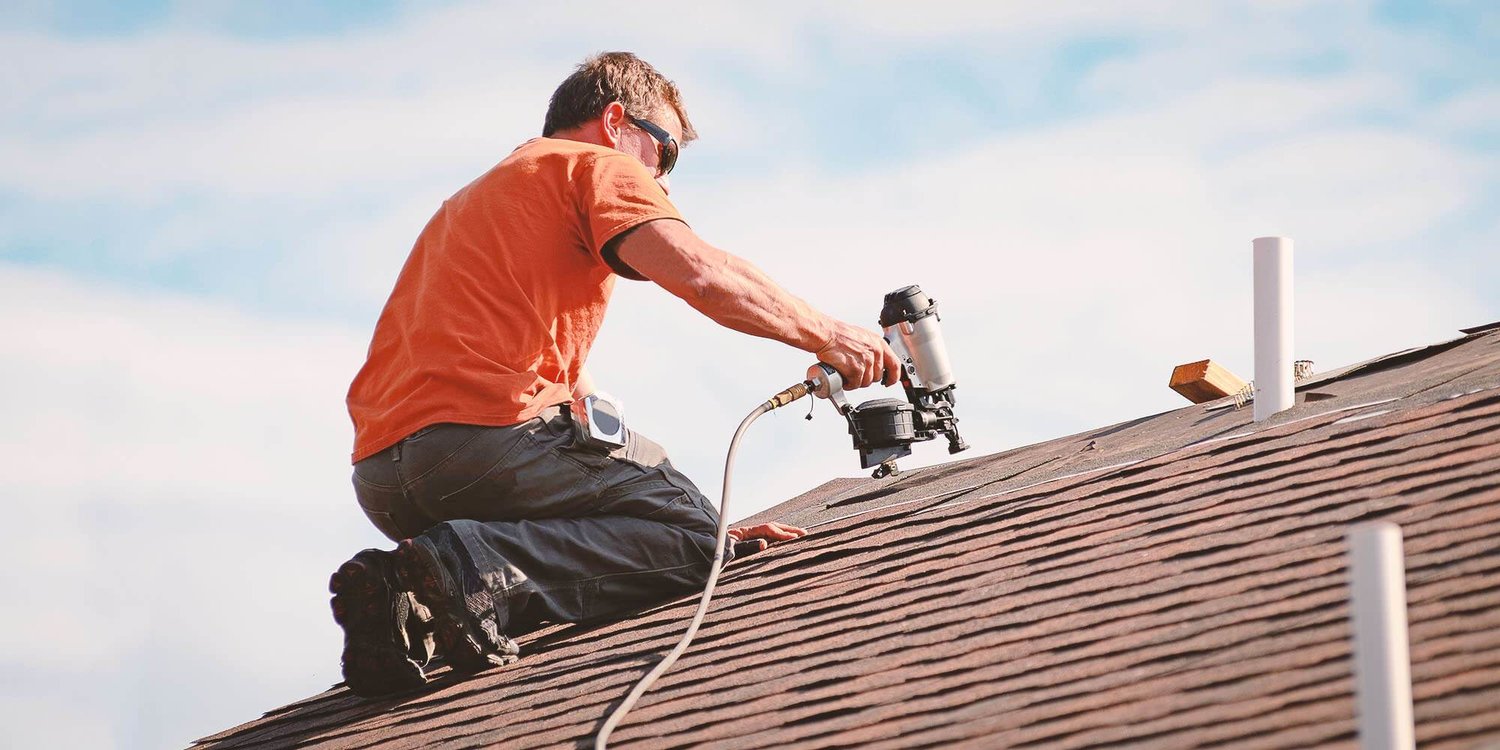How Climate Effects Your Choice of Roofing Material!
Introduction
When it comes to roofing, lots of house owners typically think of looks and cost. Nevertheless, one of the most considerable factors affecting your choice of roof material is environment. From downpours to scorching solar panel roofing sun, the weather where you live can determine not just the life expectancy of your roofing however also its overall performance. In this short article, we'll check out how environment impacts your choice of roof material and offer insights into picking the best roof for your particular environment.
How Climate Effects Your Option of Roofing Material!
Choosing a roofing product isn't simply a workout in design; it's a decision that can have long-lasting ramifications based upon your regional climate. For example, if you reside in a location susceptible to heavy rainfall or snow, your requirements will differ considerably from someone living in a dry, hot desert area.
Understanding Different Climate Zones
Before diving deeper into products, it's important to understand the different environment zones that exist:
- Tropical: Identified by high humidity and regular rain.
- Temperate: Seasonal modifications with moderate weather.
- Arid: Hot, dry conditions with very little rainfall.
- Cold: Long winter seasons with snow and ice.
Each zone provides special obstacles and factors to consider for roofing materials.
The Role of Humidity
In tropical environments where humidity is high, mold and mildew can be substantial concerns. Roofs require to be made from products that withstand moisture absorption. Metal roofing is often suggested due to its resistance to these aspects and longevity.
Benefits of Metal Roofing in Damp Climates
The Effect of Severe Temperatures
Conversely, if you're located in arid regions with severe heat, you'll desire materials that can sustain intense sunshine without deteriorating quickly.
Recommended Materials for Hot Climates
How Rainfall Affects Roof Choices
In areas experiencing heavy rainfall or snowfall, picking a more robust product ends up being vital.

Best Roofing Alternatives for Wet Climates
- Slate Tiles: Durable and aesthetically pleasing however heavier.
- Asphalt Shingles: More budget-friendly however might need more regular roofing system repairs due to moss growth.
Snow Load Considerations
If you live in regions with heavy snowfall, you might think about:
Wind Resistance
In hurricane-prone areas or locations based on serious storms, wind resistance ends up being paramount.
Wind-Resistant Roofing Options
Cost vs Durability Trade-offs
While it may be tempting to select more affordable materials upfront, consider long-lasting expenses related to repair and maintenance based upon your climate.

Local Building regulations and Regulations
Always consult local building codes when thinking about a roofing replacement as they may dictate specific materials based on environmental conditions.
Choosing the Right Roof Contractors
When embarking on a roof replacement project or needing roof repair work, employing skilled roofing contractors familiar with regional weather conditions can make all the distinction in guaranteeing correct installation suited for your climate.
FAQs About Climate and Roofing Materials
1. What is the best roof product for rainy climates?
For rainy environments, metal roof or slate tiles are ideal due to their ability to shed water efficiently and resist mold growth.
2. Can I utilize asphalt shingles in damp environments?
While asphalt shingles are popular due to low initial costs, they may need more frequent maintenance in humid environments due to possible mold growth.
3. What roof choices are best for hot climates?
Clay tiles or reflective metal roofing systems work well in hot climates as they assist keep homes cooler by showing sunshine away from the house.
4. Do I require special insulation under my roof?
Yes! Correct insulation is vital regardless of climate; nevertheless, it's especially important in locations with extreme temperature levels to preserve energy efficiency.

5. How frequently ought to I change my roof?
This depends upon the product utilized; generally asphalt shingles last around 20 years while metal roofings can last over 50 years with correct maintenance.
6. Should I consider eco-friendly roofing options?
Absolutely! Eco-friendly choices like green roofings or solar tiles not only decrease ecological impact but likewise improve energy efficiency no matter climate.
Conclusion
Choosing the ideal roof product is no little task; it needs cautious consideration of your local environment's demands along with individual choices and budget plan restraints. By comprehending how climate impacts your option of roofing product-- be it through durability versus heavy rain or heat resistance-- you'll ensure that your home remains secured while preserving visual appeal for years to come!
Whether you're planning a new roofing system setup or just contemplating some upgrades during regular roof repair work, constantly bear in mind that knowledge is power-- and knowing how climate affects your option of roofing product will serve you well long into the future!
